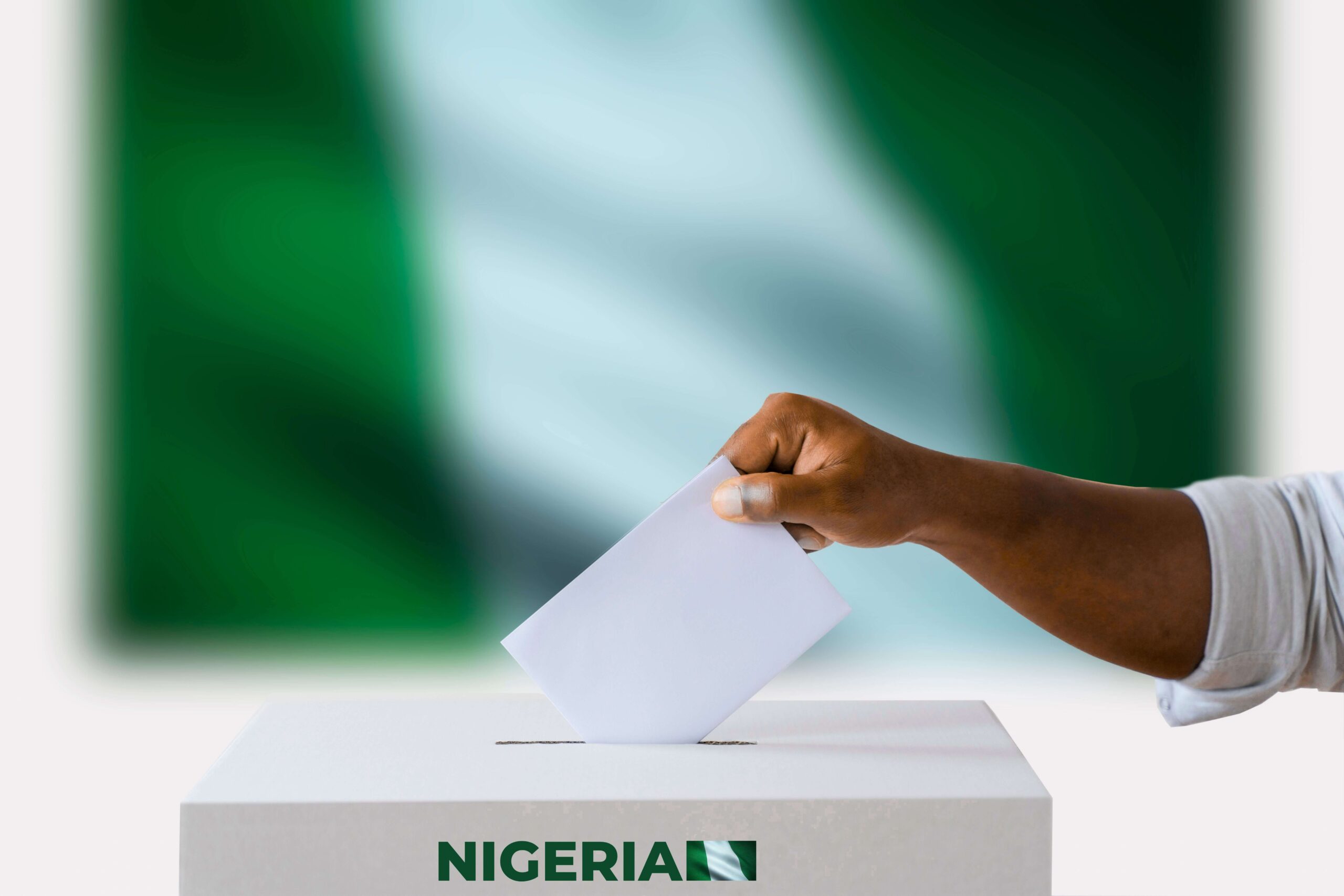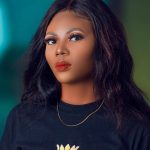Nigerians will be heading to the polls on February 25 to choose a successor to President Muhammadu Buhari, who steps down after two terms in office.
He will hand over to one of the 18 candidates contesting for the position – though only three stand a realistic chance of winning; Bola Tinubu (70) of the ruling APC, Atiku Abubakar (76) of the Peoples Democratic Party (PDP), and Peter Obi (61) of the Labour Party.
Nigeria’s election body, the Independent National Electoral Commission (INEC), has a duty to deliver the next Nigerian president through a free, fair, and credible process.
Except for 1999 and 2015, the other four presidential elections conducted by INEC since the country returned to democracy have all ended up in court over claims of electoral malfeasance.
But the shift in voting demographics, social media, and technology is changing how this election will play out.
This election has sparked unprecedented interest among young Nigerians, with social media boosting mass mobilisation and youth participation.
Frederick Asiegbu, a recent university graduate, said the conversations on social media motivated him to register for his voter’s card.
“Even though I wanted a change of government, I was not convinced that my vote would count because of what happened in the last election. But I was reassured through the conversations on social media,” he told bird story agency.
According to the official list presented by INEC, the number of eligible voters for the election is 93.4 million, with almost 40% being younger than 35.
“Social media has provided us with the democracy we have long wanted,” wrote Nigeria human rights activist Rinu Oduala in an article for Chatham House.
Youth engagement has given rise to many social media influencers using their platforms to advance the conversation. These influencers have dedicated time to swaying followers in a particular direction and educating them on why they should participate in the coming election. As a result, youth voters are expected to be higher than in previous elections, and the youth vote may prove the deciding factor.
The government and INEC have taken deliberate steps to sanitise the electoral system and boost citizens’ confidence in recent years.
The 2021 Electoral Amendment Act has made INEC deploy new technological tools such as the Bimodal Verification and Accreditation System (BVAS), the INEC Result Viewing (IReV) portal, and INEC Voter Enrolment Device (IVED) to curb election malpractice.
BVAS is a multifunctional electronic device that has replaced the card readers used in the 2015 elections. Unlike the old card reader, which only verifies a voter’s fingerprint, BVAS was designed to verify Permanent Voter Cards (PVCs) and enable human recognition through a biometric verification mechanism that uses both fingerprint and facial recognition.
This device doubles as the IVED when it is used for voter enrolment. IReV is an online portal where results from polling units will be published in real time for public viewing.
These tools have already been deployed during off-season elections in some parts of the county, even though they met with a mixed reception.
What is at stake?
In November 2022, the National Bureau of Statistics (NBS) released a survey report stating that 133 million people in the country are now affected by multidimensional poverty. This represents a staggering 63 per cent population. By this, Nigeria has successfully overtaken India as the world’s poverty capital.
In November 2022, Nigeria recorded inflation of 21.5%, its highest in 25 years. The World Bank estimates that an additional five million Nigerians have been impoverished due to 2022’s inflation.
According to experts, the root cause of Nigeria’s problems remains revenue generation. The country operates a mono-economy where oil proceeds contribute the most to government earnings. Recently, the country’s economic growth has stalled with the low oil production due to oil theft.
Whoever wins the coming election will have the arduous task of reviving the country’s stunted economy and driving investment across multiple sectors.
Economic plans
All the top three candidates’ manifestos grasp Nigeria’s complex economic problems, even though they all propose different solutions to resolve them.
Bola Tinubu (APC ) has set an ambitious target of a 10% GDP growth rate by 2027. It could be a tall order. The last time Nigeria achieved anything close to that threshold was as far back as the 2000s when the country’s average GDP growth rate averaged 7.7% between 2000 and 2010.
The APC manifesto highlights various multi-sectoral plans to achieve its 10% growth target; among them is a new approach to planning the country’s budget. According to the document, the country should not base its annual budget and fiscal policies on the dollar value of the projected oil revenue but rather on the projected level of government spending. So, if the government’s revenue is below its growth requirements, it will have to borrow to achieve its growth plans. This will result in a problematic higher debt-to-GDP ratio, which could escalate the country’s economic woes if the loan is not repaid.
While Tinubu understands the primary causes of Nigeria’s inflation, his plans to fund the country’s budget through deficit financing could further worsen inflation.
Atiku Abubakar (PDP), with a similar 10% economic growth target, is more inclined towards a private sector-led economy. This is no surprise, considering that during Atiku’s tenure as vice president between 1999 and 2007, the private sector was central to several policies implemented then. He plans to source 70% of the federal government spending from the private sector.
An essential inclusion in the PDP’s 115-page manifesto is its fiscal and monetary alignment plans. An alignment between the two is relevant to Nigeria’s high inflation environment, although the party has yet to state how they hope to achieve this.
Peter Obi (Labour Party) hopes to grow the economy by pursuing a zero-based budget, meaning the government spends exactly what it earns. While this is a commendable plan, given Nigeria’s severe debt burden, it also portends a grim outlook in a situation where the government fails to meet its revenue targets – which is often the case. This leaves very little for actual non-debt recurrent and capital expenditures.
Obi believes eliminating unnecessary spending would help the government ramp up its revenue base. His monetary policy plans to achieve low inflation and naira stability involve eliminating the multiple exchange rate system that discourages investors.
Nigerians are optimistic about going to the polls and hope the electoral body will live up to its promise of delivering a free and fair election.
The candidate with the highest votes will be declared the winner within five days after the elections if they receive at least one-quarter of the votes in two-thirds of Nigeria’s 36 states and the Federal Capital Territory.
A run-off presidential election will be held where no candidate meets the conditional requirements for declaring a winner.
bird story agency
Nigerians go to the polls on February 25 to elect a successor to President Muhammadu Buhari. Among the 18 candidates, Bola Tinubu (APC), Atiku Abubakar (PDP), and Peter Obi (Labour Party) are the frontrunners. The Independent National Electoral Commission (INEC) aims to ensure a free and fair election.
Youth engagement, spurred by social media, is expected to significantly influence the election results, with 40% of eligible voters under 35. INEC has introduced technological tools like BVAS and the IReV portal to curb election malpractice.
Nigeria faces severe economic challenges, including a high poverty rate and inflation, with oil revenue theft further hampering growth. Each leading candidate has different economic plans: Tinubu aims for a 10% GDP growth using deficit financing; Abubakar focuses on a private sector-led economy with fiscal and monetary alignment; and Obi proposes a zero-based budget and eliminating unnecessary spending.
Voters are optimistic about a free and fair election, with the winning candidate needing to secure a majority and at least one-quarter of votes in two-thirds of the states and the Federal Capital Territory. A run-off will occur if no candidate meets these criteria.






